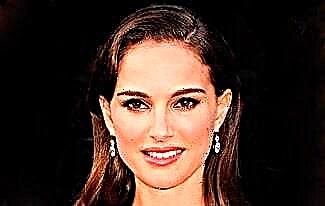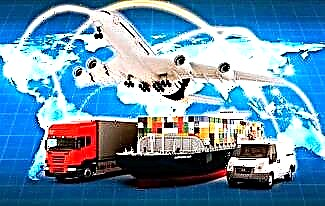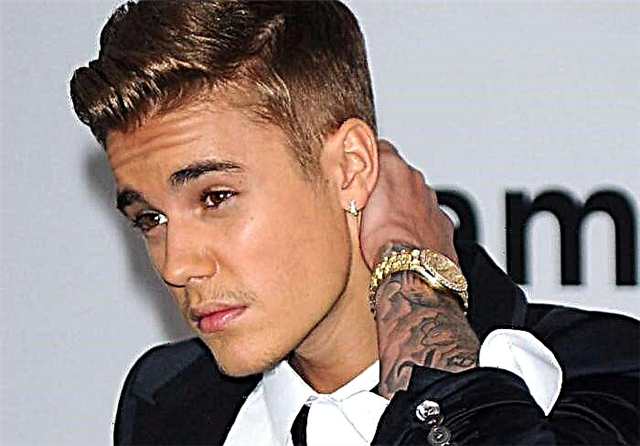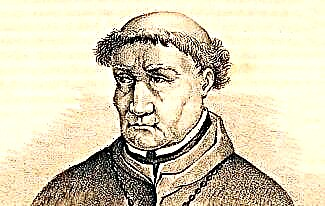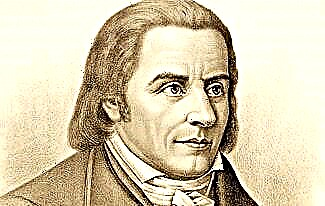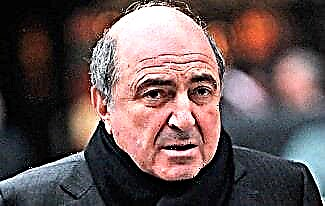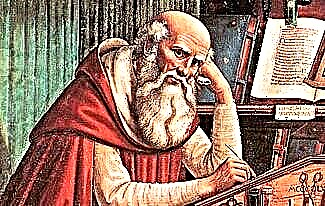Augusto José Ramon Pinochet Ugarte (1915-2006) - Chilean statesman and military leader, captain general. He came to power in the 1973 military coup that overthrew the socialist government of President Salvador Allende.
Pinochet was President and dictator of Chile from 1974-1990. Commander-in-Chief of the Armed Forces of Chile (1973-1998).

There are many interesting facts in the biography of Pinochet, which we will talk about in this article.
So, before you is a short biography of Augusto Pinochet.
Biography of Pinochet
Augusto Pinochet was born on November 25, 1915 in the Chilean city of Valparaiso. His father, Augusto Pinochet Vera, worked in the port customs, and his mother, Avelina Ugarte Martinez, was involved in raising 6 children.
As a child, Pinochet studied at the school at the Seminary of St. Raphael, attended the Marista Catholic Institute and the parish school in Valparaiso. After that, the young man continued his education at the infantry school, which he graduated in 1937.
During the biography of 1948-1951. Augusto studied at the Higher Military Academy. In addition to performing his main service, he was also engaged in teaching activities in army educational institutions.
Military service and coup
In 1956, Pinochet was sent to the Ecuadorian capital to create the Military Academy. He stayed in Ecuador for about 3 years, after which he returned home. The man confidently moved up the career ladder, as a result of which he was entrusted with leading an entire division.
Later, Augusto was entrusted with the post of deputy director of the Military Academy of Santiago, where he taught geography and geopolitics to students. He was soon promoted to the rank of brigadier general and appointed to the post of intendant in the province of Tarapaca.

In the early 70s, Pinochet was already heading the garrison of the capital's army, and after the resignation of Carlos Prats, he led the country's army. An interesting fact is that Prats resigned as a result of the persecution of the military, which was organized by Augusto himself.
At that time, Chile was engulfed in riots that were gaining momentum every day. As a result, at the end of 1973, a military coup took place in the state, in which Pinochet played one of the key roles.
Through the use of infantry, artillery and aircraft, the rebels fired at the presidential residence. Prior to this, the military said that the current government does not comply with the Constitution and is leading the country into the abyss. It is curious that those officers who refused to support the coup were sentenced to death.
After the successful overthrow of the government and the suicide of Allende, a military junta was formed, consisting of Admiral José Merino and three generals - Gustavo Li Guzman, Cesar Mendoza and Augusto Pinochet, representing the army.
Until December 17, 1974, the four ruled Chile, after which the reign was transferred to Pinochet, who, breaking the agreement on priority, became the sole head of state.
Governing body
Taking power into his own hands, Augusto gradually eliminated all his opponents. Some were simply dismissed, while others died under mysterious circumstances. As a result, Pinochet actually became an authoritarian ruler, endowed with broad powers.
The man personally passed or repealed laws, and also chose the judges he liked. From that moment on, parliament and parties ceased to play any role in governing the country.
Augusto Pinochet announced the introduction of martial law in the country, and also said that the main enemy of the Chileans are the communists. This led to massive repression. In Chile, secret torture centers were set up, and several concentration camps for political prisoners were built.

Thousands of people died in the process of "cleansing". The first executions took place right at the National Stadium in Santiago. It is worth noting that, by order of Pinochet, not only communists and oppositionists, but also high-ranking officials were killed.
Interestingly, the first victim was the same General Carlos Prats. In the fall of 1974, he and his wife were blown up in their car in the capital of Argentina. After that, Chilean intelligence officers continued to eliminate fugitive officials in various countries, including the United States.
The country's economy has taken a course towards a transition to market relations. At this time in his biography, Pinochet called for the transformation of Chile into a state of owners, not proletarians. One of his famous phrases reads as follows: "We must take care of the rich so that they give more."
The reforms led to the reorganization of the pension system from a pay-as-you-go system to a funded one. Health care and education went into private hands. Factories and factories fell into the hands of private individuals, which led to business expansion and large-scale speculation.
Ultimately, Chile became one of the poorest countries, where social inequality flourished. In 1978, the UN condemned Pinochet's actions by issuing a corresponding resolution.
As a result, the dictator decided to hold a referendum, during which he won 75% of the popular vote. Thus, Augusto showed the world community that he has great support from his compatriots. However, many experts said that the referendum data were falsified.

Later in Chile, a new constitution was developed, where, among other things, the presidential term began to be 8 years, with the possibility of re-election. All this aroused even greater indignation among the president's compatriots.
In the summer of 1986, a general strike took place across the country, and in the fall of the same year, an attempt was made on Pinochet's life, which was unsuccessful.
Faced with mounting opposition, the dictator legalized political parties and authorized presidential elections.
To such a decision Augusto was in some way prompted by his meeting with Pope John Paul II, who called him to democracy. Wanting to attract voters, he announced an increase in pensions and wages for employees, urged entrepreneurs to lower prices for essential products, and also promised peasants land shares.
However, these and other "goods" failed to bribe the Chileans. As a result, in October 1988, Augusto Pinochet was removed from the presidency. Along with this, 8 ministers lost their posts, as a result of which a serious purge was carried out in the state apparatus.
During his radio and TV speeches, the dictator regarded the results of the vote as "a mistake of the Chileans," but said he respects their will.
In early 1990, Patricio Aylvin Azokar became the new president. At the same time, Pinochet remained the commander-in-chief of the army until 1998. In the same year, he was detained for the first time while in a London clinic, and a year later the legislator was deprived of his immunity and was called to account for numerous crimes.
After 16 months of house arrest, Augusto was deported from England to Chile, where a criminal case was opened against the ex-president. He was charged with mass murder, embezzlement, corruption and drug dealing. However, the accused died before the start of the trial.
Personal life
The bloody dictator's wife was Lucia Iriart Rodriguez. In this marriage, the couple had 3 daughters and 2 sons. The wife fully supported her husband in politics and other areas.
After Pinochet's death, his relatives were arrested many times for harboring funds and tax evasion. The general's inheritance was estimated at about $ 28 million, not counting the huge library, which contained thousands of valuable books.
Death
A week before his death, Augusto suffered a severe heart attack, which turned out to be fatal for him. Augusto Pinochet died on December 10, 2006 at the age of 91. It is curious that thousands of people took to the streets of Chile who enthusiastically perceived the death of a man.
However, there were many who grieved for Pinochet. According to some sources, his body was cremated.
Pinochet Photos










